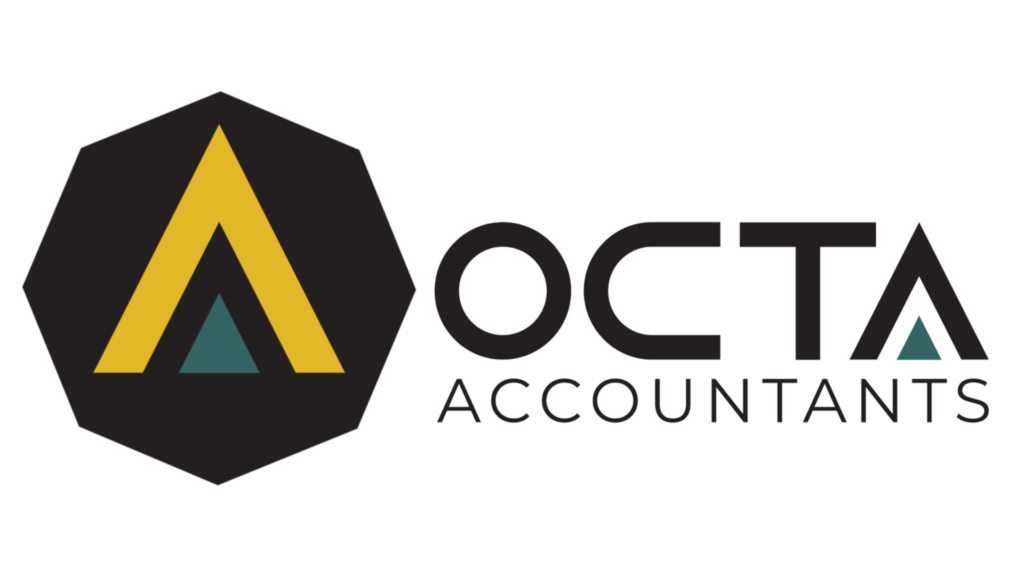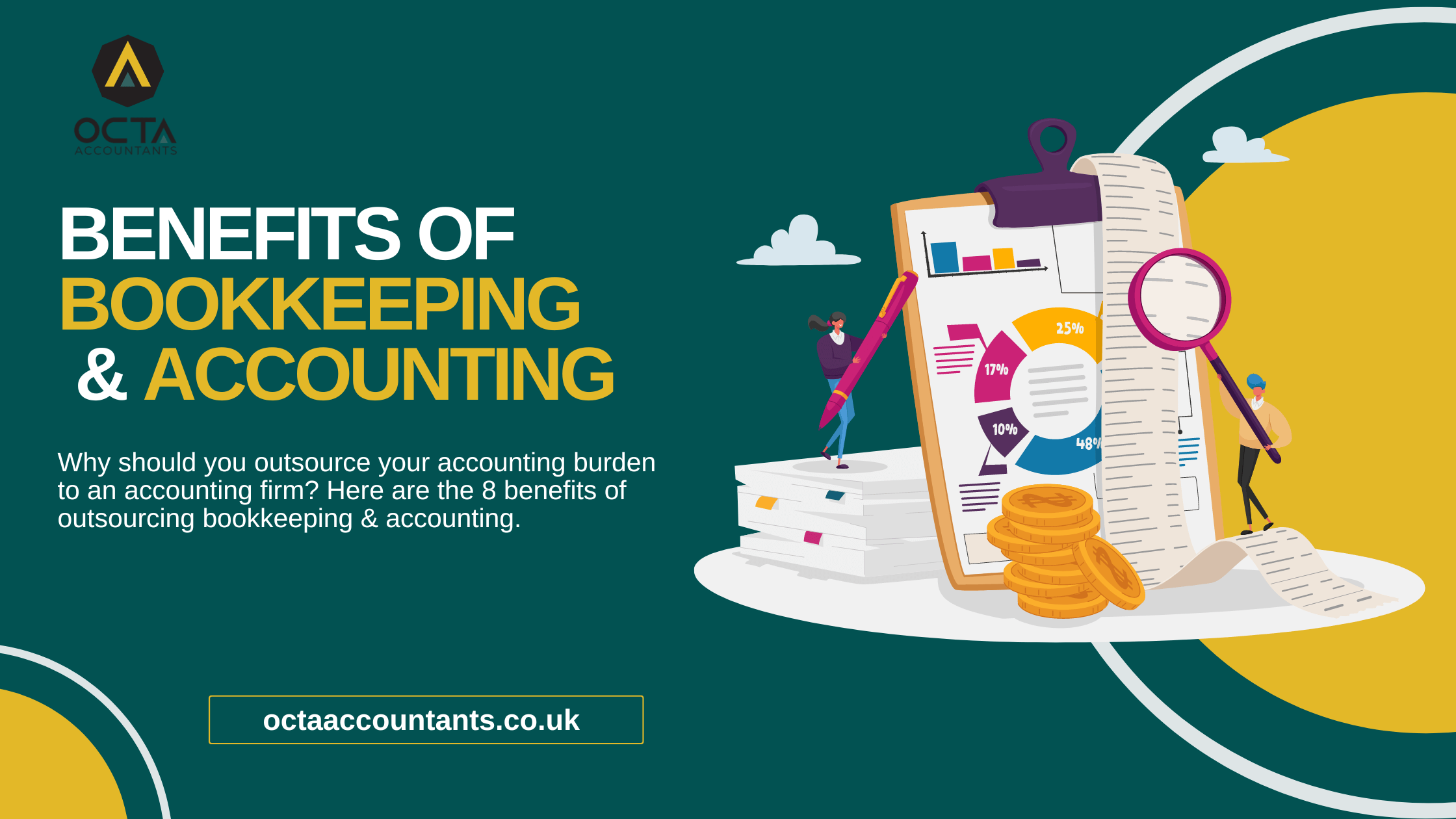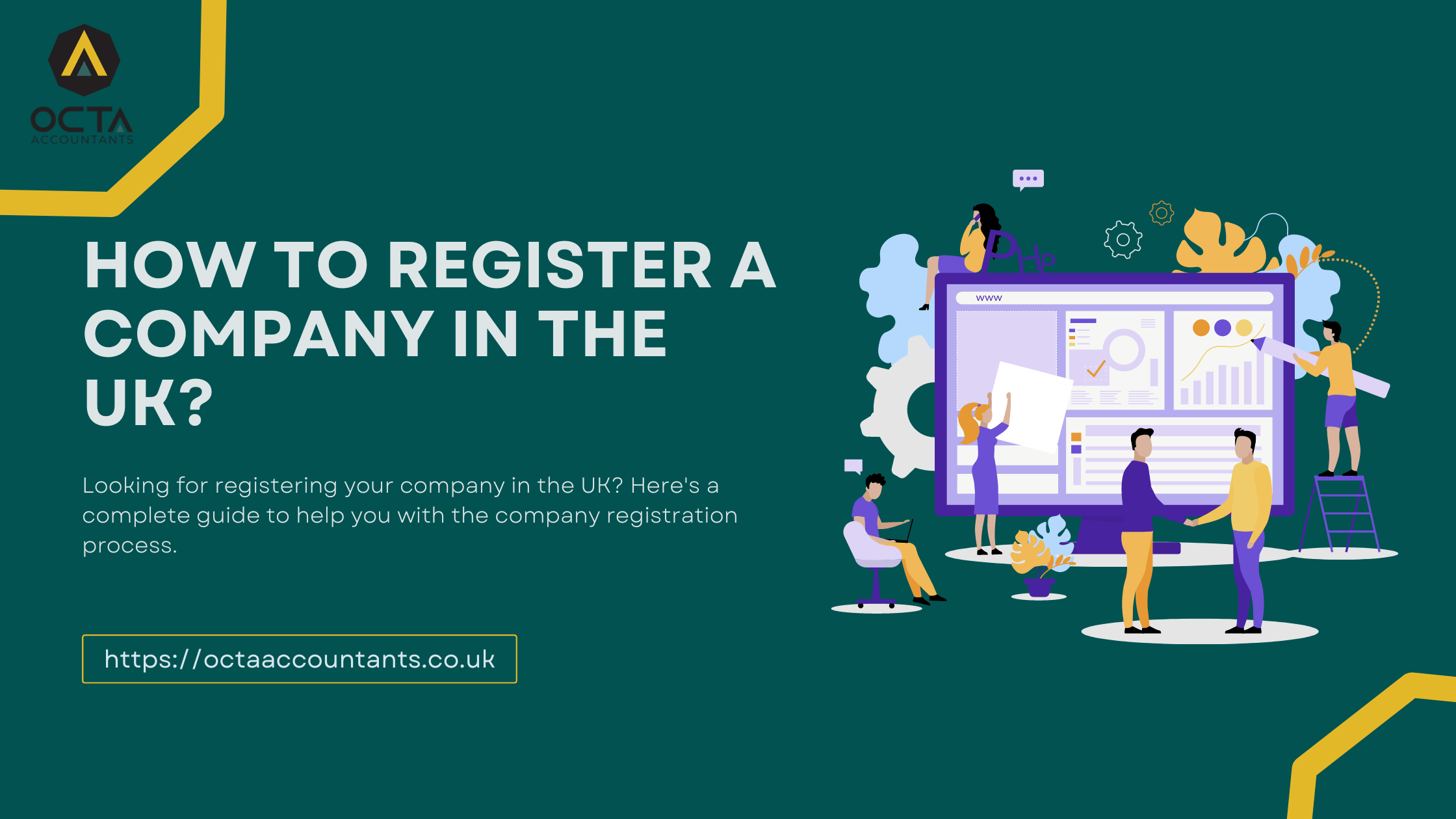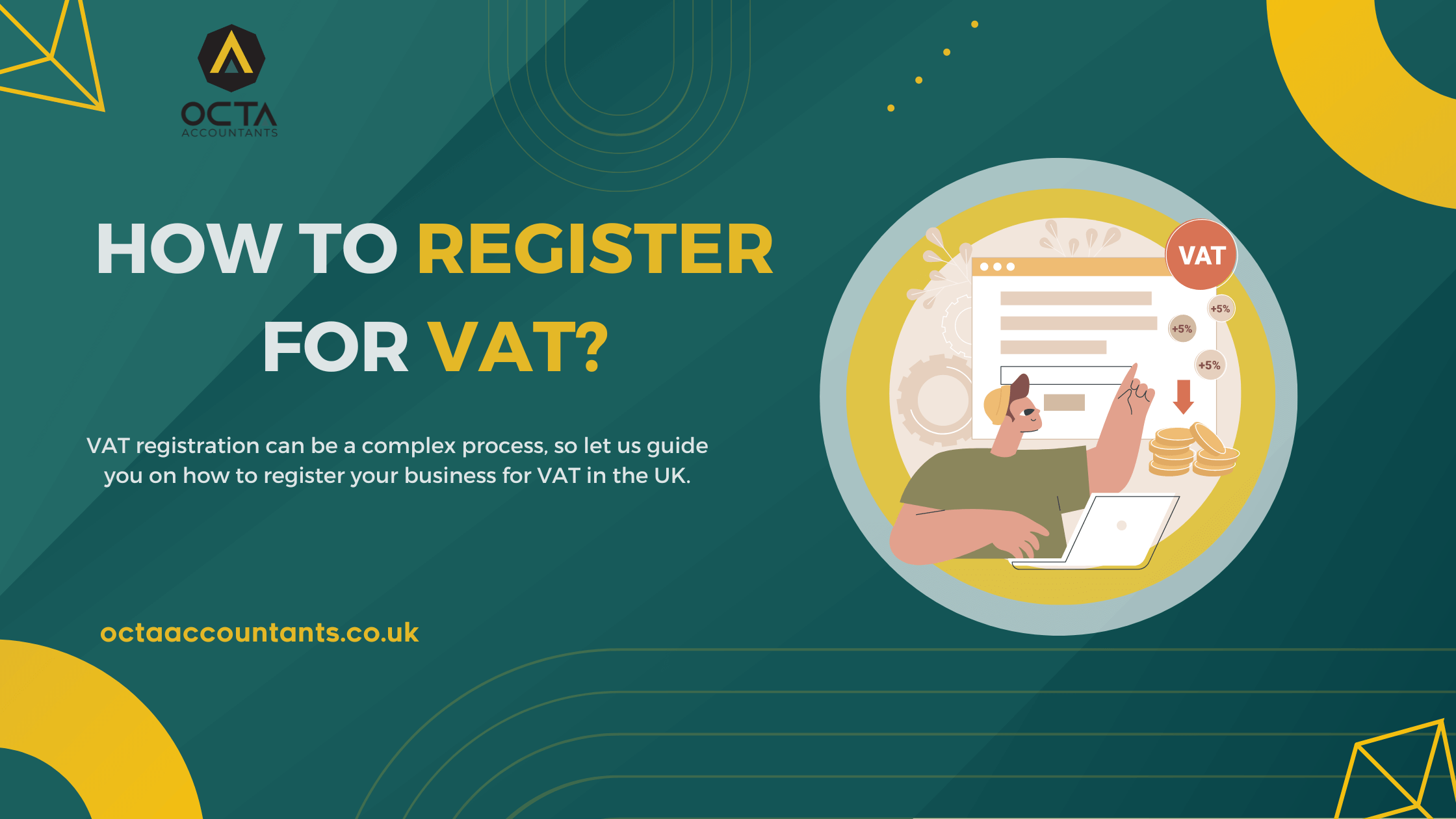UK Income Tax Filing: What You Need To Know
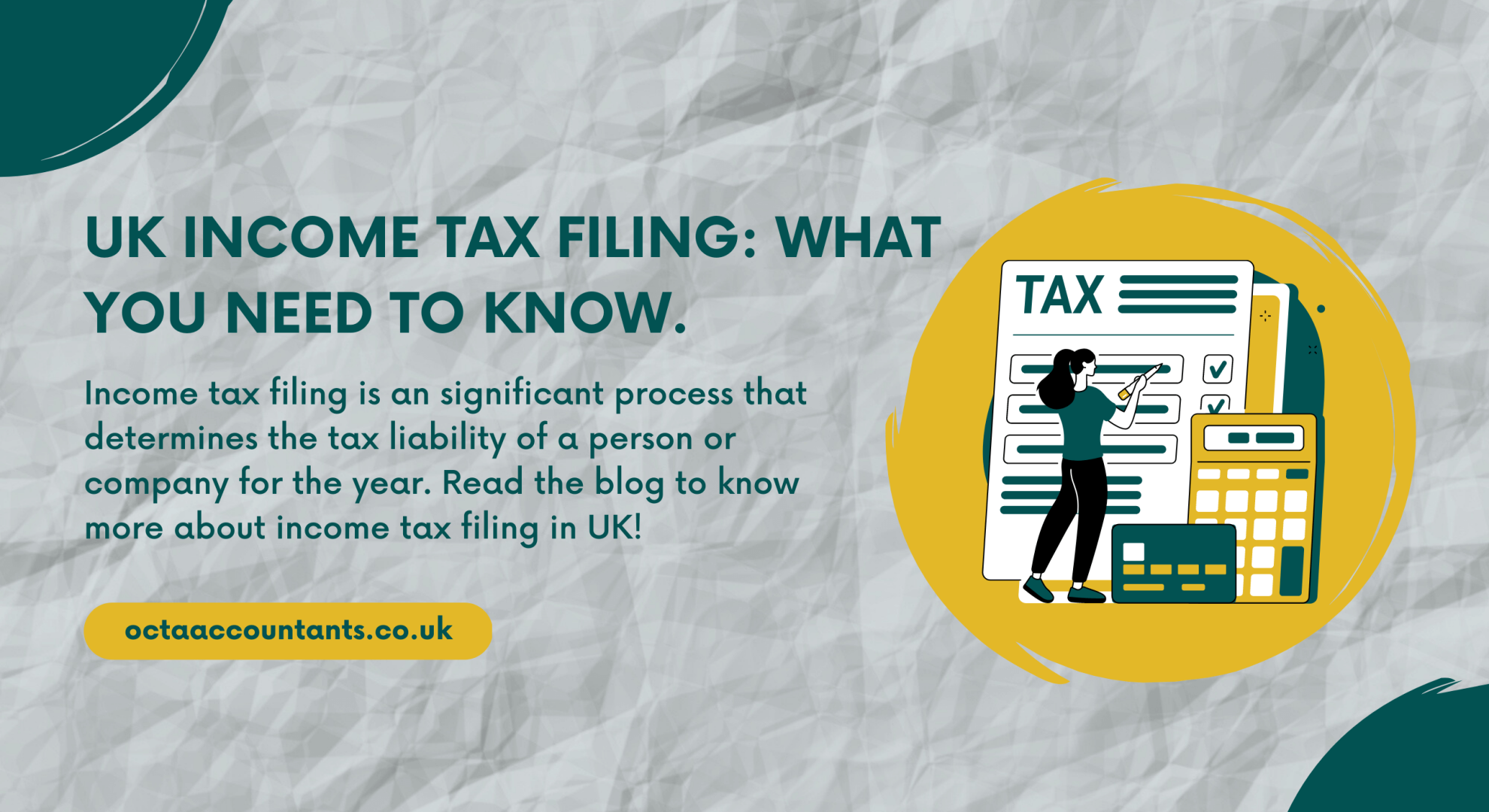

Octa Accountants

6 Min Read

April 14, 2023

Self-Assessment
Income tax filing process informs the government of your yearly earnings and tax responsibility during a tax year, figures out how much tax you pay on that income, and provides all the necessary documentation and records to meet the requirements for taxation. UK citizens who pay taxes to the government on their income do so through income tax. Initially, when you begin employment, it might be difficult to comprehend how income filing works. In addition to paying taxes on your private income, you may also owe taxes on additional income streams like interest and dividends from savings accounts that exceed a specific limit.
What is Income tax?
An income tax is a government tax imposed on any person’s or company’s income or profits. It is usually computed as a proportion of total revenue earned over a given time and is used to pay for government services such as medical care, educational institutions, and building infrastructure. Income tax is levied on the whole amount of money earned within a particular time and is utilised to pay for the services provided by the government. According to the country’s tax system, it can be regressive or flat, and failing to pay may end up in legal implications and punishments.
Different rates of Income Tax
Income tax rates vary by country and are often determined by the earnings of the taxpayer. Generally, income tax rates are evolving, which means that people with greater incomes pay more tax than fewer-income taxpayers. In the UK, for instance, income tax rates for the fiscal year 2022/2023 vary between 0% to 45%, with more rates applied to people with more income.
Tax Bands and Rates
Tax Band | Taxable Income | Tax Rate |
Basic Rate | £12,501 to 50,000 | 20% |
Higher Rate | £50,001 to £150,000 | 40% |
Additional rate | Over £150 000 | 45% |
Personal allowance | Up to £12,500 | 0% |
What is income tax filing used for?
The income tax is a significant source of revenue for the government, and funds many government initiatives, amenities, and infrastructure developments. It is often used to fund programs such as medical services, education, social security, protection, and others. Moreover, it serves to support national defence programs such as law enforcement and the military. Income tax filing plays a major role in financing multiple government services and programs necessary for society to function properly. The primary source of revenue for the government is income tax, which is collected on the taxpayer’s behalf by HM Revenue & Customs (HMRC).
Who is responsible for income tax filing?
Usually, people and businesses who receive income from many sources are required to pay income tax. Many kinds of income are subject to income tax. However, you have to pay income tax on:
- Profits earned from a business such as independent contractors, small business entrepreneurs, or freelancers
- Salary and wages from job
- Interest, capital gains and dividends from savings and investments
- Rental income you get if you’re a landlord
- Profits you receive from pensions
- Corporations, estates and other types of entities are also required to pay tax on their profits
Most persons are eligible for several taxation-free allowances or tax reductions, so they are not required to pay income tax on all their taxable income. Amounts of usually taxable income you can make without paying taxes are known as allowances. It is the maximum taxable income that can be earned before income tax is due. If you are self-employed, you must pay Income Tax at the exact same rate as all other individuals. However, you must pay it in arrears every year through Self Assessment.
Income Tax Filing Calculations
Income tax filing in the UK is calculated by a system of progressive taxation, which implies the total amount of taxes you pay rises as your income rises. The first stage in calculating income tax is determining taxable income, which refers to the amount of income produced in the tax year after every deduction and allowance are taken into account. In the UK, many tax bands change according to personal circumstances and relevant reductions or allowances. The amount of tax owing is determined by the tax band in which your taxable income falls, and other sources of income, such as investments and rental income, might be taxed in a different way. The purpose of income tax bands is to make taxation as equitable as possible for everyone so that those with the highest incomes benefit the most.
Also Read: Who needs to do Self-Assessment?
When will you get the funds back?
The tax office anticipates that it will take 12 to 14 weeks to evaluate the tax refund application and deposit the refund amount into your bank account.
Tax-free state advantages
The major advantage of a tax-free state is that you can earn money without having to file income taxes. The following are the few common advantages that aren’t taxed:
- Payment for bereavement support
- Support allowance and employment with a salary component
- Bereavement payments in a single payment
- The pension credit
- Serious disability allowance
- Employer tax credit
- Disability living allowance
- Guardian’s allowance
- Housing assistance
- Income support
- Personal independence payment
What do I require to file my tax return?
You must have the following documents to apply for a refund:
- The P45 form
- The P60 form
- National Insurance number
Also Read: Outsourcing Accounting Services in London, UK? When, Why, & How?
What is a Personal Allowance?
The personal allowance in the UK determines how much income you earn before starting to pay income tax. The personal allowance for the tax year 2022–2023 is £12,570. It implies you won’t owe any income tax if your taxable income is less than £12,570 for the tax year. If your income exceeds £12,570, you must pay taxes at the proper rate on the excess over your allowance.
The personal allowance can change from year to year, so it’s crucial to verify the most recent data from HM Revenue & Customs (HMRC) to make sure you’re aware of the most current figures. If you claim Marriage Allowance or Blind Person’s Allowance, your Personal Allowance may be higher. It may be less if you are a high earner or owe tax from your prior tax year.
What is the Personal Allowance if you earn over £100,000?
The Personal Allowance is a tax-free allowance provided to most people earning income in the UK, but it is decreased or eliminated for those earning more than a particular amount. The Personal Allowance for the tax year 2022-2023 is £12,570. Personal Allowance is slowly reduced by £1 for every £2 of income earned above the £100,000 threshold for people earning more than £100,000, therefore those earning more than £125,140 do not receive any Personal Allowance. If you need to know more, you should check the most recent information from HMRC. If you earn £125,000, you must pay Income Tax on all of your earnings, and there is no tax-free allowance.
Contact Octa Accountants for income tax filing in UK!
Income tax filing is an important process that determines the tax liability of a person or company for the year. It is done through HM Revenue & Customs and applies to many different forms of income, such as business profits, salaries, capital gains, and rental income. The income tax rates differ based on the taxpayer’s earnings and are subject to change each year. Income tax filing is a significant process of revenue for the government and is used to fund various government services. Understanding the personal allowance is crucial when it comes to income tax, as it determines the amount of income you earn before paying taxes.
Let Octa Accountants handle your taxes efficiently! Book an appointment with our professional income tax filing consultants for a smooth procedure! Our tax experts provide services which help us to know how to file out income taxes and consultancy with clients, via email or call.
About Us
Octa Accountants is a one-stop accounting firm that offers a wide range of finance management services.
Our Blogs
8 Benefits of Outsourcing Bookkeeping and Accounting
8 Benefits of Outsourcing Bookkeeping and Accounting Octa Accountants 5 Min Read Nov 22, 2022 Bookkeeping & Accounting In today’s world, businesses find it taxing to hire an accountant at an affordable rate who keeps a record of all financial operations and manages all bank operations. For this reason, businesses prefer to outsource bookkeeping and […]
How To Register a Company in the UK?
How To Register a Company in the UK? Octa Accountants 8 Min Read Nov 19, 2022 Company Incorporation Registering your company is a legal obligation before starting a business in the UK. Companies House is the regulating authority and has the right to approve or reject your request. When your application is approved, you will […]
How to Register for VAT?
How to Register for VAT in the UK? Octa Accountants 11 Min Read Dec 15, 2022 VAT Registration VAT or value-added tax is a payable amount on most products and services in the UK. Although customers pay the tax while making a purchase, businesses (that earn over a specific threshold) have to charge it and […]
